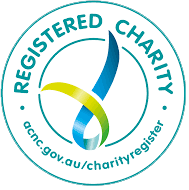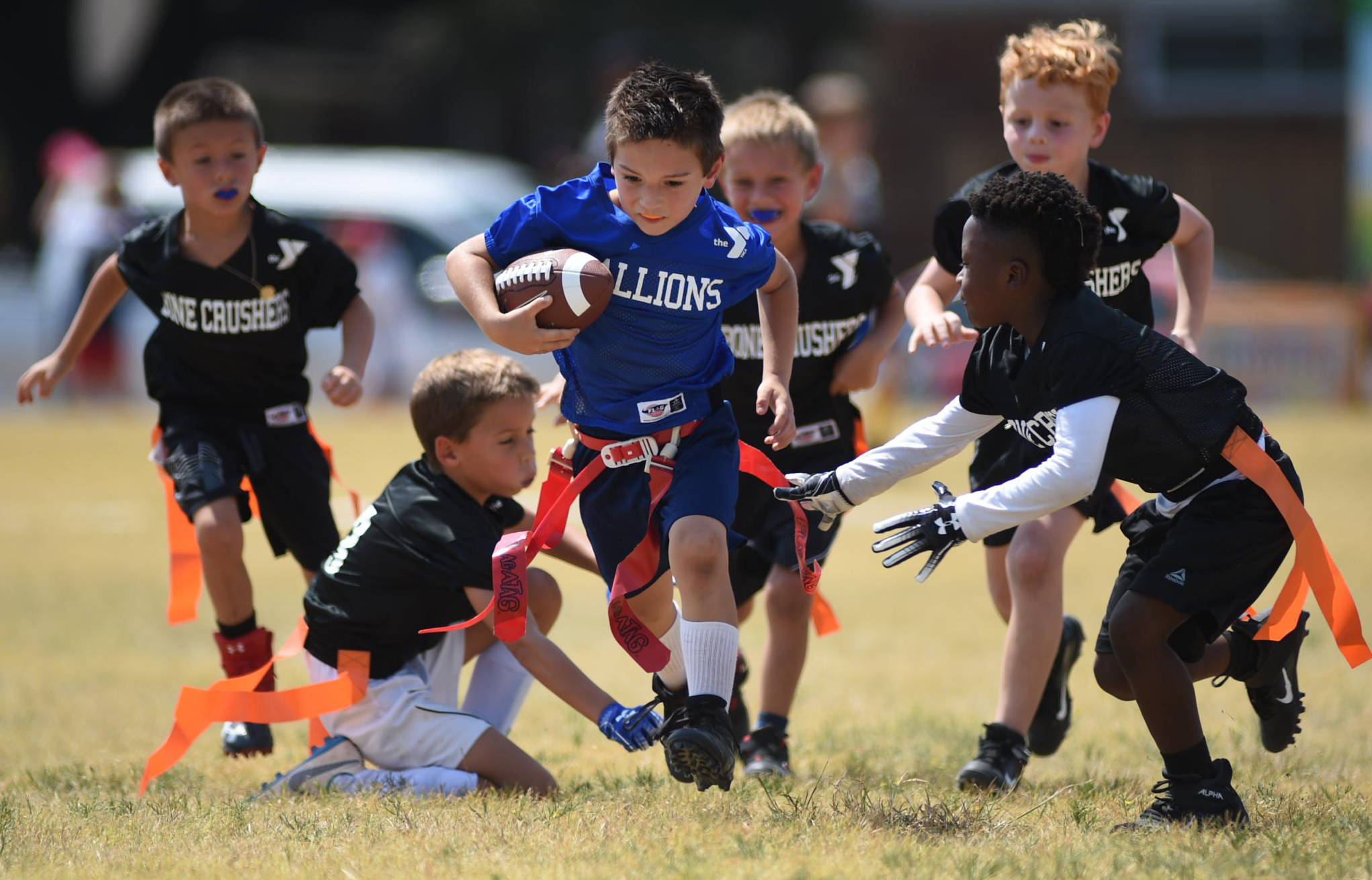The Impact of Concussion & CTE
Case Studies
John Barnes
John Barnes retired in 2001 after a 15-year career playing for Essendon and Geelong. He suffers from crippling memory loss, mood swings and has been diagnosed with post-traumatic epilepsy — symptoms that he believes are a direct result of head knocks during an AFL career spanning 15 seasons.
“It’s terrible. I can’t shower or bath on my own, I can’t cook, I can’t drive a car, I can’t be left alone. I have to be watched pretty much 24/7 — all the things people take for granted I just can’t do,” said the 49-year-old retired ruckman. Barnes, who played 202 matches for Geelong and Essendon, said he was a shell of his former self and found himself dazed and confused after unexplained outbursts of rage. “My temper’s pretty short at the moment. The things I find myself doing, I don’t really know why I am doing them to be honest. It’s terrible … and gets worse by the day,”
Daniel Venables
Daniel played with the West Coast Eagles and suffered seven brain bleeds following a marking contest in round nine, 2019, against Melbourne at Optus Stadium, just months after he was, at 19, the youngest member of the 2018 premiership side. He went home that night but rang his parents in distress in the middle of the night. His father Peter recalled him saying: “My brain is going to explode”. The trauma was not diagnosed until the following day. Peter Venables said his son’s was the worst case of injury in the VFL-AFL since Footscray’s Neil Sachse was left a quadraplegic in 1975 and has called on the AFL to overhaul its concussion protocols. This will change the AFL, hopefully for the better,” Peter Venables told The Age.
“Daniel got scanned when he was 17 and he was clear. No question, just facts. Daniel had a ‘car accident’ [playing in the Melbourne game] and had seven brain bleeds. I sent my son to West Coast as a first-round top pick, he had his whole career. But, at 19, his whole life got destroyed.” Daniel Venables, pick 13 of the 2016 national draft, says he struggles with basic tasks.
Bailey McInnes
Bailey McInnes lay motionless on the turf. The 15-year-old, while smaller than most boys his age, was talented enough to have earned a trial for Norwood in the South Australian National Football League ahead of an under-15 carnival. His opponent that day was bigger and taller, so when Bailey tried to mark the ball his head crashed into the other boy’s shoulder. He was knocked out. On the sidelines, his mother, Tracie, knew something was wrong. “He was down on the ground and didn’t get up,” she says. “His arm was in spasm on the ground.”
Bailey regained consciousness by the time he was brought from the field, but Ms McInnes remembers his pupils were dilated. “He was dazed and really shaken after that incident. On the bench I think he knew he was in trouble.” Bailey McInnes suffered three head knocks playing football that have left him with ongoing problems. A few weeks earlier, playing for his club, Athelstone, he was scrambling around on the ground for the ball when an opponent’s knee was driven into the top of his head. Unlike the later concussion, he did not lose consciousness.
Still, Bailey returned to the football field for Athelstone before the end of the 2018 season. After a delayed reaction to a third concussion in the space of five months, he decided to give up football. But long after he stopped playing the game he had loved since he was a four-year-old Auskicker, debilitating symptoms grew to impact his life away from footy.
He could only concentrate for short periods at school. He withdrew from social situations. He found it hard to be in a noisy room. “Even not in a noisy room, he would say he would find it quite overwhelming with a few people talking,” Tracie McInnes said. It took a while for them to realise these symptoms were a result of successive head knocks. He was diagnosed with post-concussion syndrome and post-traumatic migraines. Bailey McInnes says the concussions have affected his whole life.
“He withdrew socially a lot, especially in year 12, because he had to concentrate so hard to get through his studies, it just took everything out of him and he didn’t have any capacity to have fun and go out and socialise and had no interest to, either,” Ms McInnes said.
Bailey McInnes, now 18, still struggles with social anxiety and depression.
Shaun Smith
Shaun Smith, who played for North Melbourne and Melbourne in the late 80s and 90s, was recently paid just over $1.4 million after his insurance company found he was “totally and permanently disabled” from the brain injuries acquired during his career. Shaun Smith was told he would never be able to work again.

Flag Football (USA)
In the USA the number of people over the age of 6 playing NFL (tackle) football has dropped by about 60% since 2006. Flag football is now the preferred ‘NFL’ game for players aged 4-17 as parents prefer their children to play the much safer sport.
The key characteristics of Flag football are:
- Flag is now the fastest growing team sport in the USA. It has more players than regular tackle football. Flag is also now being played by adults.
- No physical contact is allowed. Instead of tackling the player to the ground, the defensive team must remove a flag from the ball carrier. No helmet is required.
- Tackle football sustains 23 times the number of high severity head impacts vs Flag.
- US research: every 2.6 years of playing tackle football (from juniors up) doubles the risk of CTE. The longer you play the greater the risk.
- Athletes who began playing tackle football before age 12 developed CTE cognitive and behaviour symptoms 13 years earlier on average than those who started playing later in their teenage years.
- In Australia, 400,000 school students play Touch football instead of rugby. Instead of tackling people to the ground, the person carrying the ball need only be touched by a member of the opposition team.
“To minimise concussion, don’t play sports that involve banging heads together”
Professor Mark Cook, Chair of Medicine, St Vincent’s Hospital.
03 9375 4225
Phone
pjess@pjaca.com.au
43 Fletcher Street
Essendon Victoria, 3040
03 9370 2197
Fax
PO Box 845
Essendon, Victoria, 3040

Contact Us
We are here to answer any questions or schedule a meeting. Please feel free to call our office or send an email using the form below.

